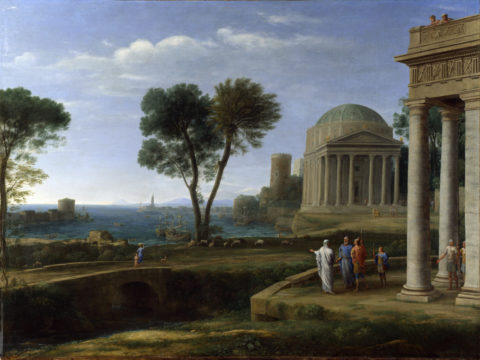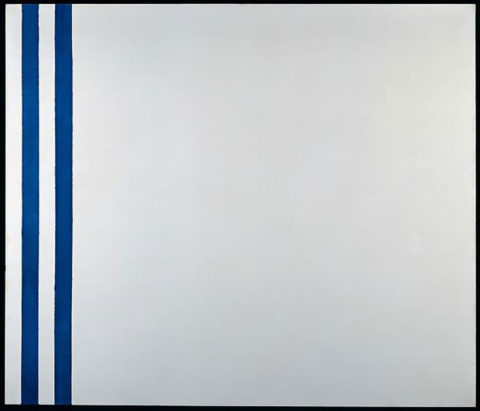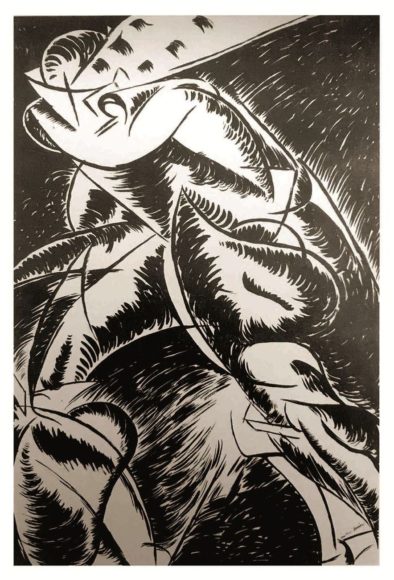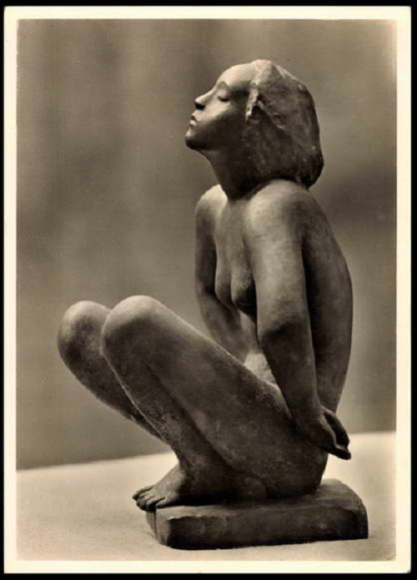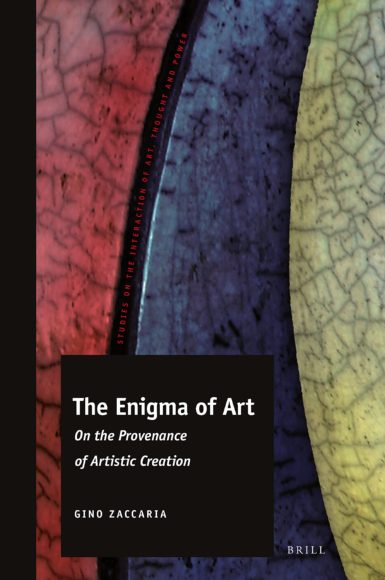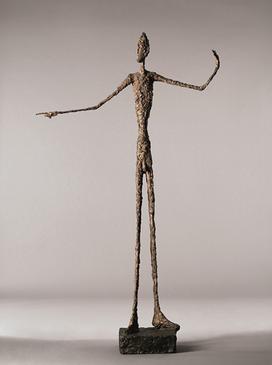
Unter dem Titel “Utopie der Wahrheit. Denken und Dichten” versucht Ralf Lüfter in drei Anläufen eine Ausführung des Themas “Nichts als die Wahrheit. Sein und Schein in Philosophie, Literatur und Kunst” (Ringvorlesung des Zentrums für Klassikstudien der Universität Regensburg, Wintersemester 2021/22). Dabei wird der Frage nachgegangen, ob Wahrheit in dem Sinne utopisch gennant werden kann, dass sie nicht schon de facto irgendwo vorhanden ist und also nur entdeckt zu werden braucht, sondern dass sie — um in dem bewahrt zu bleiben, was sie ist — der Gründung im Denken und in anderer Weise der Stiftung im Dichten bedarf. Das Statt-haben der Wahrheit wird dabei als ein von der Wahrheit selbst gebrauchter Bezug des Menschen zu ihr verstanden.
Hier geht es zum Video der Vorlesung.
*
Alberto Giacometti, L’homme au doigt (1947)
